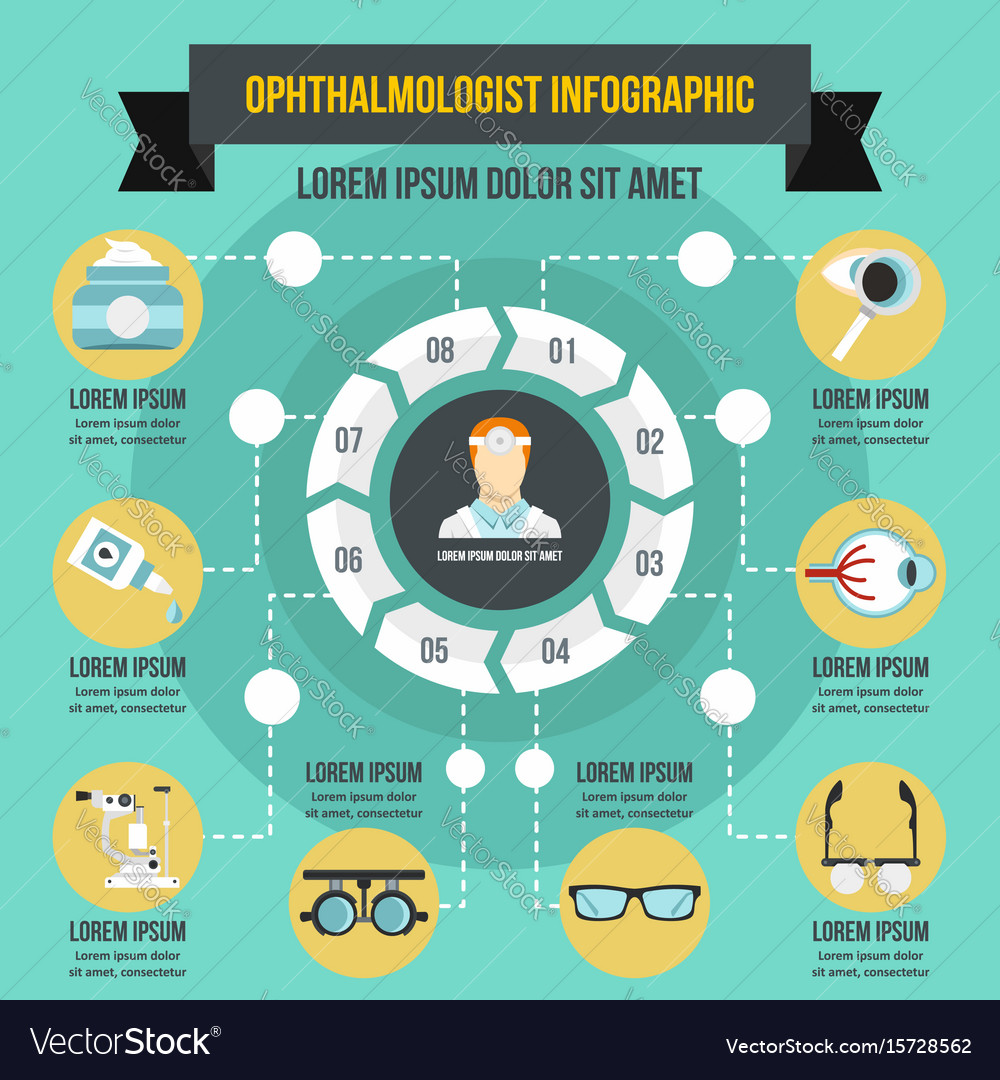Dry Eye Alleviation: When To Call An Optometrist Versus An Ophthalmologist

Written By-Lind Hines
Dry eye symptoms can be aggravating and unpleasant. You may question if you must see an eye doctor or an ophthalmologist for relief. Optometrists often deal with light to moderate cases with reliable treatments. Nevertheless, if your signs and symptoms continue or aggravate, it might be time to think about an expert's treatment. Recognizing Optometrist Who Accept Medical Omaha for your situation is vital-- so what aspects should you think about prior to making that consultation?
Understanding Dry Eye Effects
Have you ever experienced a consistent experience of dryness in your eyes? This discomfort can be more than just an inconvenience; it usually indicates a typical problem called dry eye.
You may observe inflammation, itching, or a sandy sensation, making it tough to concentrate. Often, your eyes might even sprinkle excessively as they attempt to compensate for the lack of dampness. You could likewise experience obscured vision, specifically after prolonged display time.
Acknowledging https://www.sciencedaily.com/releases/2016/10/161017140554.htm and symptoms is crucial for taking care of dry eye properly. Variables like extended display usage, ecological irritants, and specific drugs can exacerbate these feelings.
Duty of Optometrists in Dry Eye Monitoring
Eye doctors play a crucial duty in handling completely dry eye, serving as your primary source for medical diagnosis and therapy. They start by assessing your signs and performing extensive eye examinations to recognize the underlying causes of your discomfort.
With their expertise, they recommend tailored therapy plans, which might include synthetic tears, prescription drugs, or lifestyle adjustments. Eye doctors additionally inform you on proper eye treatment practices to aid relieve signs.
If your condition calls for much more specialized interest, they'll refer you to an eye doctor. Routine exams with your eye doctor make certain that your completely dry eye monitoring works, enabling adjustments to your treatment as needed.
Trust your eye doctor to lead you via the process of finding relief from completely dry eye symptoms.
When to Get in touch with an Ophthalmologist
When should you consider seeking advice from an eye doctor for your dry eye signs? If your signs continue in spite of non-prescription treatments or aggravate with time, it's time to see an expert.
You should additionally reach out if you experience serious pain, vision modifications, or if your eyes show up red and puffy. An ophthalmologist can identify underlying problems like blepharitis or meibomian gland disorder that may call for advanced treatment.
If you have a background of eye surgical treatments or chronic conditions such as rheumatoid arthritis, it's wise to consult an eye doctor as well.
Conclusion
In summary, if you're experiencing completely dry eye signs and symptoms, begin by checking out an eye doctor for a customized therapy plan. They can help with light to moderate issues utilizing artificial tears and way of living adjustments. Nonetheless, if your signs and symptoms linger or get worse, do not be reluctant to get in touch with an ophthalmologist for even more customized care. Taking these steps can cause far better monitoring of your completely dry eye signs and boost your total eye health and wellness. Keep in mind, your comfort and vision deserve it!

